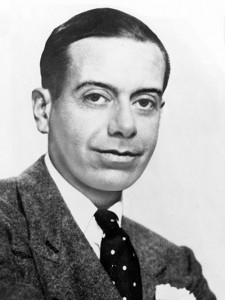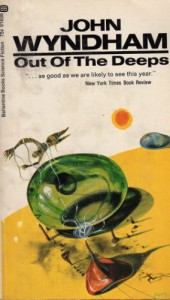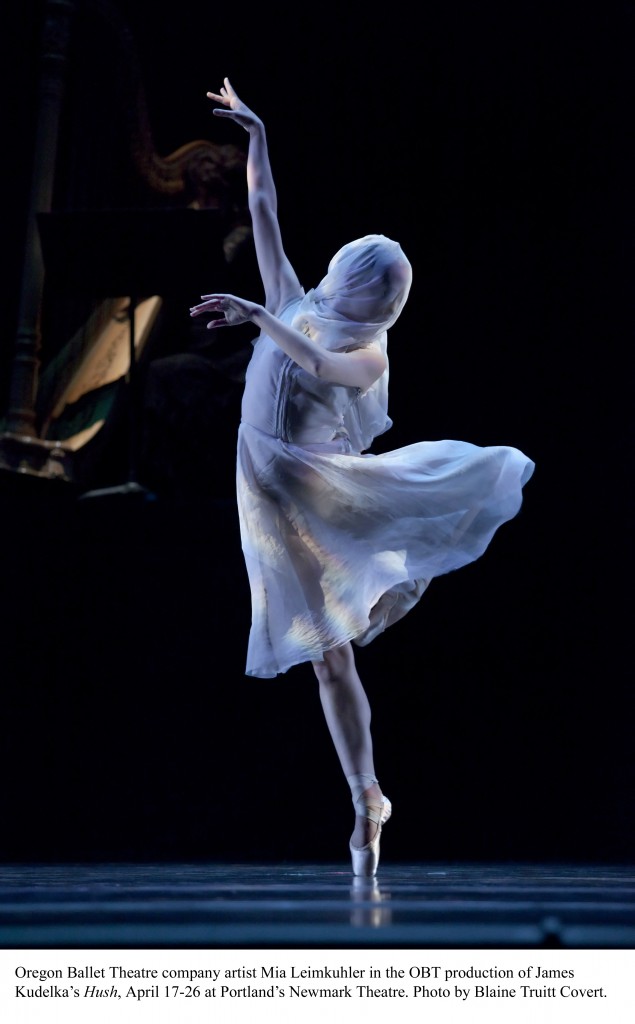 Art Scatter feels a bit like Cole Porter’s Miss Otis, who regrets she’s unable to lunch today. Not that Mr. Scatter drew his gun and shot his lover down, or got strung by a mob from the old willow across the way. Far from it.
Art Scatter feels a bit like Cole Porter’s Miss Otis, who regrets she’s unable to lunch today. Not that Mr. Scatter drew his gun and shot his lover down, or got strung by a mob from the old willow across the way. Far from it.
But Mr. Scatter realizes he’s been incommunicado for a full week now, and considering the unspoken compact between writer and reader, that’s … well, impolite. Mr. Scatter apologizes.
Truth is, I’ve been busy. For one thing, my mother-in-law just concluded a week-long visit from the wilds of the Olympic Peninsula. Contrary to ten thousand Borscht Belt jokes, this was a good thing. I enjoy my mother-in-law tremendously; she has a wicked sense of humor (as does her daughter), and she folds laundry. She was in high spirits, too, celebrating this week’s landslide vote in Port Angeles in favor of saving the town’s community swimming pool from the budget ax. The city councilman who dismissed the drive as the plaything of “a little special interest group,” she said darkly, will be returning to civilian life soon.
Then, I’ve continued my duties as a Dungeons & Dragons dad. No, I don’t play the game. I’m just the chauffeur, carting six fifth-graders to their after-school D&D session and back home again. Two things I’ve learned about fifth-grade boys: They crack a lot of flatulence jokes, and they really know the subject. I crank the windows wide. My reward is a stop at a wired-up coffee shop — Albina Press, usually — while I’m waiting for the lads to slay their orcs. Gory halleluja.
Chez Scatter also hosted a drop-in bash for a few dozen friends and neighbors, and the house survived quite nicely (our friends are older than they used to be), although I think the dishwasher might have come close to a nervous breakdown. Somehow we also ended up with more wine than we started with, which is a pretty sneaky way to stock the cellar. Potlatch!
I spent a share of my time quietly approving the labors of our friend Mat, who hung a swing and a climbing rope from the magnolia in the front yard, and our friend Amy, who briskly applied scraper and paint brush to the side of the house. Their rewards shall be great.
I made a pot of beans, and discovered they’re pretty good if you throw in a container of mango salsa. I grilled some asparagus. I had a bloody Mary. I ate my fair share of a fresh apple pie. I played parcheesi. I bought an urn to hold my walking sticks.
I missed both of Ichiro’s home runs on the tube in a rare Mariners win. I saw, for the first time, parts of Dancing With the Stars. Somebody who looks like Tonya Harding is the new champ; can’t understand how she beat out the short-haired Fabio. Cheesy choreography, Ice Capades costumes. Apparently the show’s been on for eight years. It’s a hit.
I saw a show about a trombone-playing clown and the end of the world. I took in a smashing concert by Portland Taiko. I hit a few galleries. I talked to a couple of editors and wrote a couple of stories.
I finished Half a Crown, the final book in Jo Walton‘s fascinating alternate-history trilogy about England after it makes a separate peace with Hitler and sinks into fascism. I read Hood River writer Craig Joseph Danner‘s new novel The Fires of Edgarville (to be reviewed soon in a Publication of Modestly Large Circulation) and half of Dean Kuipers‘ new book about the radical eco- and animal-rights movements, Operation Bite Back (ditto). I read with deep pleasure my sister‘s droll new (and still unsold) kids’ story about a cake to beat the blues, a book I hope will join her Jitterbug Jam as an NYT best-of-year. I read a few chapters of Tolkein‘s The Two Towers aloud with my son. I listened to a recitation from my other son of great comic-strip punchlines from Zits. I dipped briefly into Samuel Pepys (who is best approached a dip at a time). I watched Ms. Scatter rush to finish Chaim Potok’s Davita’s Harp before book club time. I wondered why the New York Times story about how credit-card companies want to start socking it to “deadbeat” customers who actually pay off their bills every month never mentioned that the card companies already make a good chunk of money off those “unprofitable” sales from the merchants’ fees. And that made me wonder whether F.D.I.C. stands for “freeloaders dunning innocent customers.”
Oh. And today I was able to lunch, with Ms. Scatter, just up the street at the sunny Cafe Destino. I had a multigrain bagel with cream cheese and tomatoes, and a big mug of French roast. Miss Otis was nowhere to be seen.
 I did have an idea it’d be an interesting read, at the least from a historical and sociological perspective. Wyndham (full name John Wyndham Parkes Lucas Beynon Harris, born 1903, died 1969) was also the author of a novel called The Day of the Triffids, which I had never read but recalled vaguely as a pleasingly scary movie about an invasion of malevolent creatures from outer space. I happened upon Triffids on a shelf at Powell’s in a recent “rediscovered” edition, all tricked out in fresh literary wrap suggesting that someone at a publishing house somewhere thought it was worth a more serious look. It was selling for 16 bucks, and I wasn’t sure I wanted to put that much down for a gamble on an author I’d never read from a dubious pulp-genre background. But next to it was a used copy of Out of the Deeps for $2.50, and that, I decided, was worth the risk.
I did have an idea it’d be an interesting read, at the least from a historical and sociological perspective. Wyndham (full name John Wyndham Parkes Lucas Beynon Harris, born 1903, died 1969) was also the author of a novel called The Day of the Triffids, which I had never read but recalled vaguely as a pleasingly scary movie about an invasion of malevolent creatures from outer space. I happened upon Triffids on a shelf at Powell’s in a recent “rediscovered” edition, all tricked out in fresh literary wrap suggesting that someone at a publishing house somewhere thought it was worth a more serious look. It was selling for 16 bucks, and I wasn’t sure I wanted to put that much down for a gamble on an author I’d never read from a dubious pulp-genre background. But next to it was a used copy of Out of the Deeps for $2.50, and that, I decided, was worth the risk. Art Scatter feels a bit like Cole Porter’s
Art Scatter feels a bit like Cole Porter’s 
 Yes, charmed. And I thought, this is policymaking outside the channels of policy. Here, in Obama, is a man utterly at ease inside his own skin. That’s why people respond to him. Because he’s comfortable with himself.
Yes, charmed. And I thought, this is policymaking outside the channels of policy. Here, in Obama, is a man utterly at ease inside his own skin. That’s why people respond to him. Because he’s comfortable with himself.